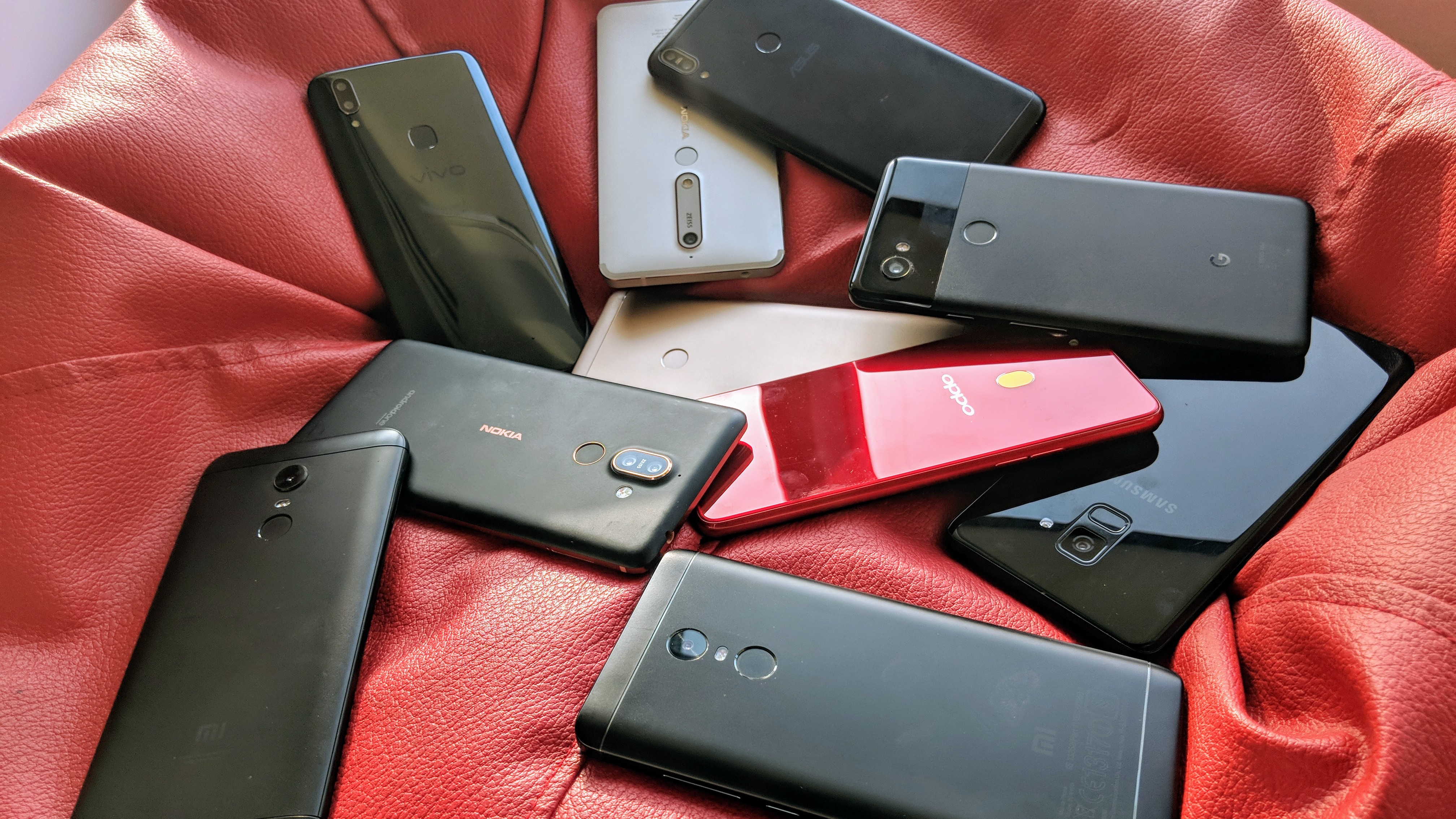Mobile phone makers in India may miss PLI scheme target - Here's why
Samsung may be the exception

Indian government's much-touted PLI (Production Linked Incentive) scheme, through which it is luring big electronics brands, including Apple iPhone assemblers and Samsung, to set up manufacturing units in the country, has run into heavy weather.
The smart phone manufacturers had committed themselves to production targets to avail of the government's incentive scheme.
Now some of the companies have written to the government saying that it would be impossible to meet the target they had set due to to shortage of chips coupled with supply constraints posed by the pandemic.
Last October, India had cleared 16 proposals from domestic and international companies entailing investment of Rs 11,000 crore under the PLI scheme to manufacture mobile phones worth Rs 10.5 lakh crore over the next five years.
The companies that committed themselves to the PLI scheme include Apple assemblers Foxconn, Wistron, Pegatron and Samsung, among others.
Some of these companies have requested the government to adjust timelines for incentive under the PLI scheme without compromising on the five year target set under it.
- iPhone production in India gets back on track as government relents
- Apple's contract manufacturer Pegatron okays $150 million investment in India
Schedules have gone haywire
These companies, under the mobile devices industry body ICEA (India Cellular and Electronics Association), last week shot off a mail to Electronics and IT Secretary Ajay Prakash Sawhney saying that there will be a shortfall in targets under the PLI scheme.
Get daily insight, inspiration and deals in your inbox
Sign up for breaking news, reviews, opinion, top tech deals, and more.
The companies referred to the shortage of electronic chips in the global market due to Chinese tech major Huawei buying in bulk stock to lessen the impact of US ban on the company.
In the letter, ICEA chairman Pankaj Mohindroo said, "the PLI applicants are working very furiously and with everything possible at their command to fulfil the targets. Many of them will be able to complete it but not before early financial year (FY) 2021-22, and a handful will even be able to complete by March 2021. However, they are skating on thin ice because there could be many slips in these extraordinary circumstances."
"We have come to know that the suppliers have cut supplies to our Indian companies by 97 per cent in certain cases," he added.
Aside from short supply of memory chips, several companies, even before the PLI scheme kicked off, were hampered by international flight ban and other logistics issue. This doubtless hit their schedule in setting up their manufacturing units, ICEA said.
It has also suggested that government reward companies who meet their target during the current fiscal and give PLI on incremental production to companies that meet investment targets and base production irrespective of whether that have met the incremental turnover target for FY 2020-21.
Samsung likely to meet its target
As it happens, even in such adverse situation, Samsung is likely to meet its target and hence has reportedly not approached the government for adjustment in the scheme.
Samsung is planning to produce mobile phones worth Rs 3.7 lakh crore in India over the next five years which includes manufacturing smartphones worth Rs 2.2 lakh crore, priced above Rs 15,000 per unit, under the scheme.
Elsewhere, one of the Apple assemblers, Wistron, is facing trouble to meet its target because of rioting and workers protest at its plant in Narasapur, 60 kms from Bengaluru, Karnataka.
This has put additional pressure on Foxconn and Pegatron, the two other Apple contract manufacturers in India.

Over three decades as a journalist covering current affairs, politics, sports and now technology. Former Editor of News Today, writer of humour columns across publications and a hardcore cricket and cinema enthusiast. He writes about technology trends and suggest movies and shows to watch on OTT platforms.